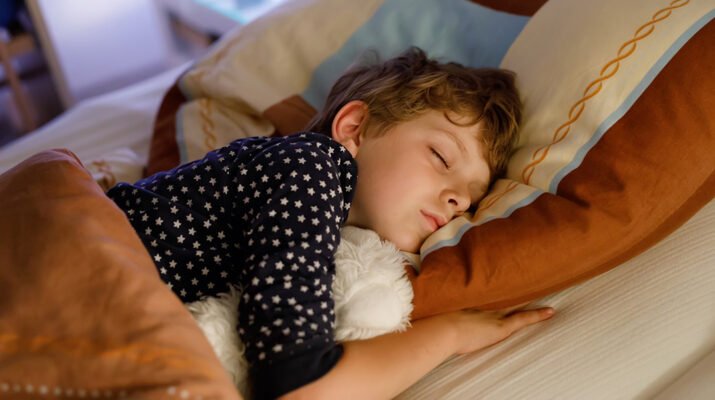How you can clean up your act when it comes to sleep
By Deborah Jeanne Sergeant
“Sleep hygiene” doesn’t refer to clean bedding — although that may help you feel comfortable in bed and improve sleep — but it means you have the right environment and habits to induce restful sleep.
Rather than jumping to medication or other interventions, looking at sleep hygiene can provide a non-invasive, no side-effects means of getting sufficient rest. Most adults require six to nine hours of sleep every night. It’s helpful if those hours occur at the same time each night.
“To achieve better sleep hygiene, it’s a good idea to follow a regular sleep schedule each night before getting into bed,” said Alexis Dmytryk, a Syracuse psychiatric nurse practitioner who treats insomnia.
To help your body “understand” it’s time for rest at bedtime, Dmytryk recommends dimming the household lights and turning off electronics and screens.
“Some people benefit from practicing a relaxation technique such as calm breathing and writing down tasks you need to do for the next day so your mind is at rest,” Dmytryk said. “It’s also important to avoid caffeine, nicotine, heavy meals, alcohol and exercising late at night. If you can’t fall asleep within 20 minutes, get out of bed and do something relaxing until you feel sleepy.”
Wear comfortable nightwear and use sufficient pillows to find a comfortable position. Many people wind down for sleep better if they engage in a nightly routine. This signals to the body that it’s time for sleep. A warm bath, dim lighting and calming activities can help. Get away from screens before bedtime, as the light signals your body to wake up. Read a bit or engage in a quiet craft. Perform a few mundane chores around the house.
Make the bedroom comfortable. Replace your mattress if needed and use comfortable bedding. Remove visual stressors pile of clutter or basket of laundry as well. Maintain a neat bedroom that promotes tranquility. Reserve the bed for sleep and sex, not other activities. Keep the room dark with black-out shades. Use white noise from a fan or radio tuned to static to muffle other sounds.
“Make sure the temperature is between 60-67 degrees, and turn on a white noise or a fan, if helpful,” Dmytryk said.
Working a swing shift job may not be advisable for people struggling with sleep problems.
Some people claim that a “night cap” helps them sleep better, but Alice Hoagland, Ph.D., director of the Insomnia Clinic at Rochester Regional Health’s Unity Sleep Disorders Center Health, said that alcohol should be avoided within four hours of bedtime, along with reducing caffeine after 2 p.m.
Those who use nicotine should avoid doing so within four hours of bedtime. Quitting altogether would be ideal.
A light snack before bed is fine for most people, but skip foods that are spicy, greasy or heavy.
Waking up too early in the morning can disrupt sleep. Engaging in regular exercise helps improve sleep continuity and reduces early morning awakenings.
Anyone who continues to experience problems sleeping should discuss the issue with their primary care provider.

